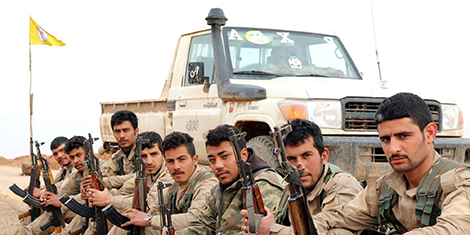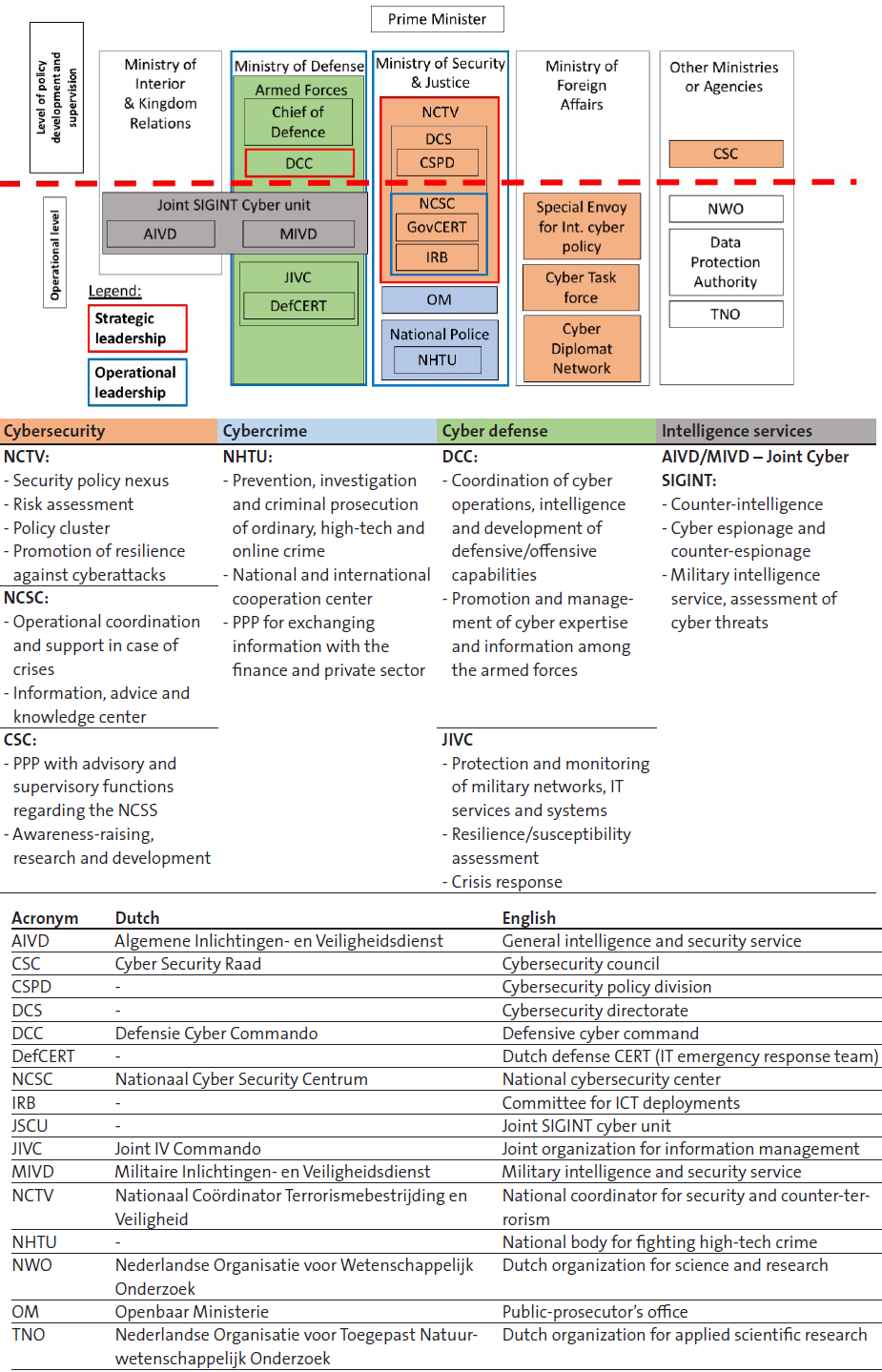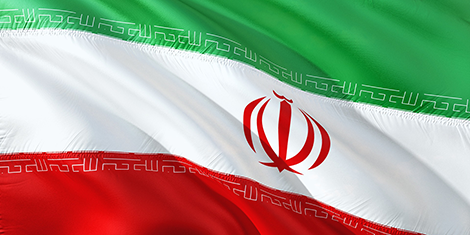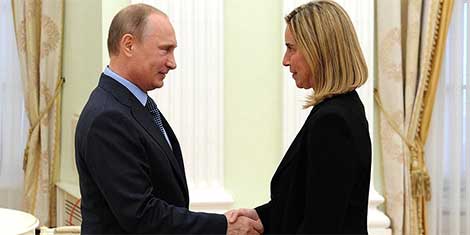
In a recent article in Contemporary Security Policy, Florian J. Egloff reflects on the contested nature of public attributions of cyber incidents and what role academia could take up.
In the last five years, public attribution of cyber incidents has gone from an incredibly rare event to a regular occurrence. Just in October 2018, the UK’s National Cyber Security Centre publicized its assessment of cyber activities conducted by the Russian military intelligence service (also known by its old acronym, the GRU). Clearly, publicizing activities that other political actors like to keep secret is a political act – but what kind of political act is it and what happens when a government publicly attributes?







